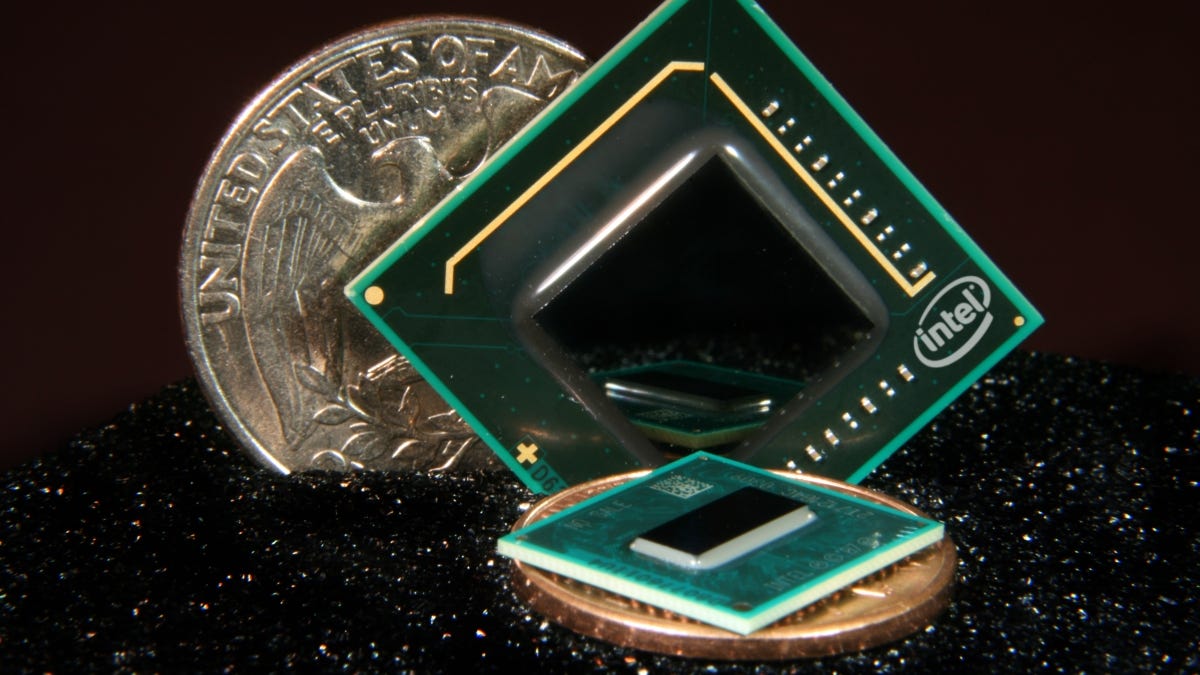Toyota announcement means Intel inside
Toyota and Intel announced a partnership to explore new infotainment systems, with a focus on safe usability.

Toyota and Intel have agreed to jointly research a new automotive infotainment platform with connected car elements and advanced, safe usability.
Although the details remain vague, Toyota and Intel will begin working together on a new cabin tech platform, which not only should cover the basics, such as navigation and phone systems, but also reach through the CAN Bus to interact with vehicle subsystems.
At a meeting with journalists in San Francisco, Staci Palmer, general manager of Intel's automotive division, emphasized developing in-vehicle interfaces that would minimize distraction for the driver. Palmer pointed out that Intel has conducted studies into human machine interfaces (HMI), which will help the company develop the new system with Toyota.
Toyota is currently launching its new Entune system, which uses a paired smartphone's data connection to power several apps, such as Pandora and OpenTable, integrated into the car's infotainment system. Kenichi Murata, Toyota general manager of electronics development, said that the result of the partnership with Intel would be a new system, but one that would include similar functionality to Entune.
Intel has made automotive microprocessors for the last couple of decades, but has only been offering its Atom processor as an automotive infotainment solution for the past five years. Current BMW and Mercedes-Benz infotainment systems run on Atom chips. Intel is also a member of the Genivi alliance, which is working on a common infotainment platform for cars.
The partnership gives Intel the possibility of earning substantial new automotive business, as Toyota is one of the biggest automakers in the world. Intel previously announced similar development efforts with Hyundai and Kia.
Palmer said Intel is working to convince automakers of the need to include processor overhead in infotainment systems, thereby allowing for the possibility of software upgrades.
Toyota and Intel will be looking to the new technology to power vehicle-to-vehicle communications, which can lead to better traffic data and safety systems. Rules regarding vehicle-to-vehicle communication systems are currently being developed by the Department of Transportation, and should be implemented by the end of the decade.
Toyota refused to offer a timeline for the results of the partnership.

